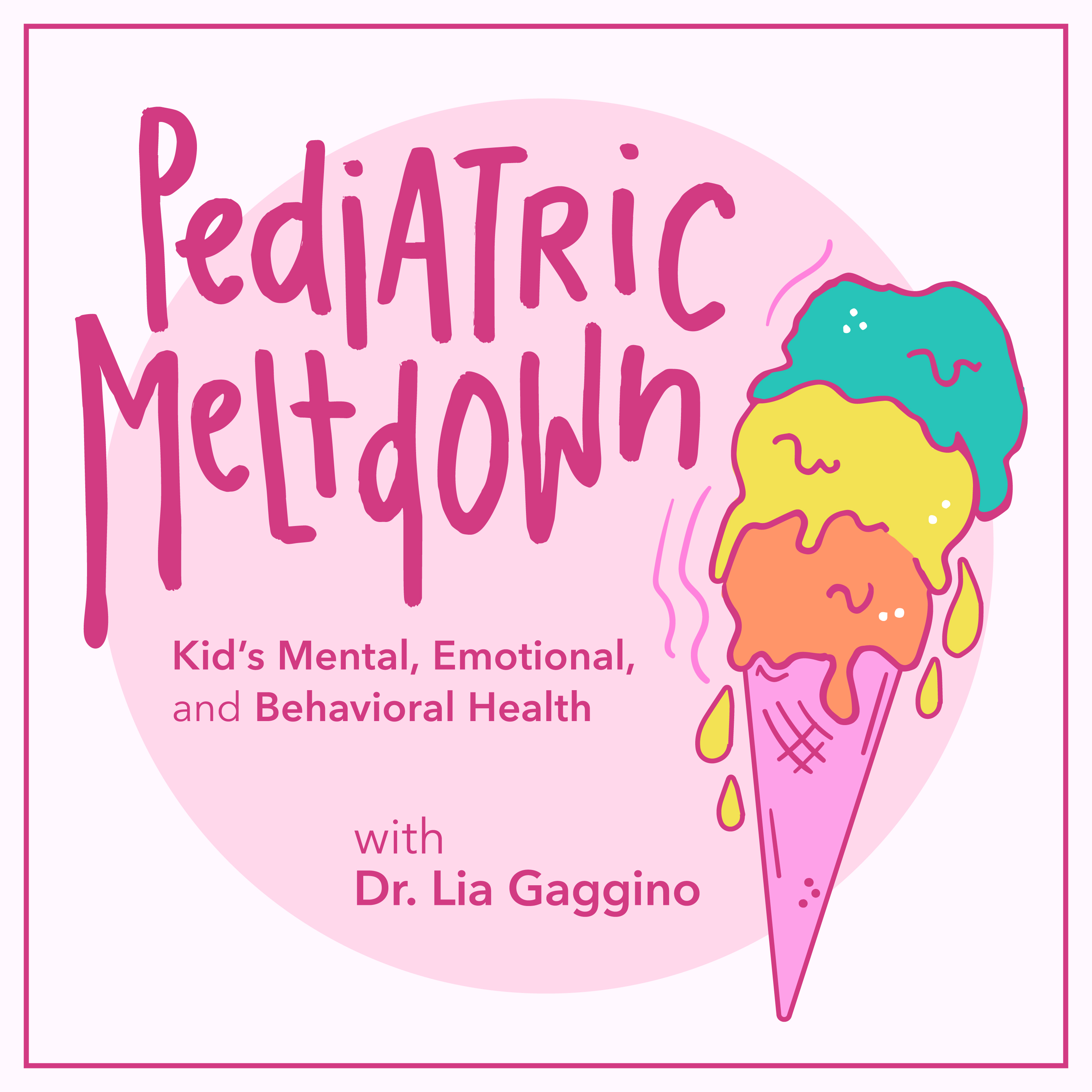
230. Payment Challenges for Pediatric Mental Healthcare and Strategies that Work
Podcast: Pediatric Meltdown
Autor:Lia Gaggino
This episode was actually published in June 2022, but this is STILL a huge issue, so we thought we would take another listen …How can pediatric primary care effectively integrate mental health services amid insurance barriers and coding complexities? In this episode, we tackle the significant obstacles impacting the compensation and delivery of mental health services for children. By examining Medicaid, CHIP and commercial insurance coverage for mental health, we highlight challenges that hinder pediatricians and affect their young patients and families. The conversation sheds light on potential solutions, such as integrated behavioral health and group therapy, which may offer new avenues for improving care and financial viability. Through shared experiences from industry experts, we explore potential strategies to both navigate and potentially reform the delivery of pediatric mental health services. Considering the significant implications this has on future generations, what steps must we take now to ensure a sustainable and effective approach that genuinely meets the needs of children and their families? [00:05- 19:41] Financial and Operational Burdens Household income criteria affect eligibility for Medicaid, impacting family financial planning.Pediatric practices bear costs of unrecognized mental health work because of inadequate reimbursement.Parents' financial stress increased by the lack of integration between medical and mental health services.Complex insurance landscapes necessitate physician adaptability in operations. [19:42 -29:58] Pediatric Practice Challenges Mental health visits require more time but yield less reimbursement compared to physical ailments.Physicians provide extensive unpaid follow-up care via phone calls and messages.Insurance systems do not adequately support mental health coding for pediatricians.Complexity in billing for mental health services creates administrative challenges. [29:59 - 38:51] Economic and Qualitative Outcomes Coordinated care allows pediatricians to manage comprehensive patient care plans.Insurance company partnerships needed for sustainable pediatric mental health initiatives.Effective systems require data to demonstrate long-term cost benefits and outcomes.Organizations should engage with insurance companies to carve out necessary screening costs[38:52 - 1:05:50] Advocacy and Reform Efforts Reform needed in coding and billing processes to reflect the true nature of mental health support.Integrated care models as a potential less visible, but essential cost benefit.Engaging with insurance companies on mutual goals can lead to practice sustainability.Systems must prioritize patient-centered care, integrating mental and physical health.[1:05:51 - 1:13:48] TakeAwaysConnect with our guestsJenna Vallejo Facebook, Instagram, LinkedInDr. Jon Price nationwidechildrens.comGo to https://lifeaftercorporatepodcast.com/ for all episodes166 Chronic Illness and...
Fecha de Publicación: 22 de enero de 2025
Duración: 1 hr 13 min
Añadir a Playlist

Episodios Relacionados
-
249. The Pediatric Meltdown Podcast: Behind the Scenes junio 4, 2025
-
248. Conversation with My Daughter: Soft Body Baddie mayo 28, 2025
-
247. Human Trafficking: What Pediatric Clinicians Must Know mayo 21, 2025
-
246. Pediatric Psychopharmacology: Tips for Prescribers mayo 15, 2025
-
245. When Sadness Looks Like Anger: Rethinking Pediatric Depression and Behavioral Activation mayo 7, 2025